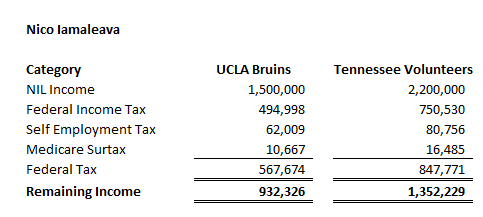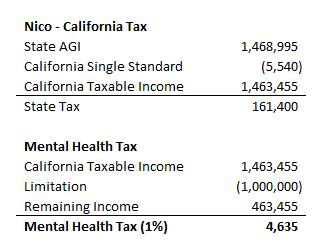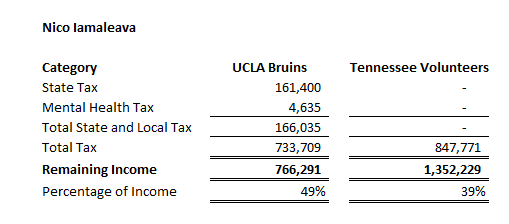College football has undergone a seismic shift in the past three years, driven by the introduction of the transfer portal and Name, Image, and Likeness policies. NIL has transformed the sport into a more transactional landscape, allowing players to monetize their personal brands. The transfer portal has empowered athletes to switch schools without losing eligibility, creating unprecedented roster turnover and reshaping team dynamics and thus altering recruiting strategies across the board.
The situation surrounding Nico Iamaleava, the former Tennessee Volunteers quarterback, has been a whirlwind of drama and speculation. Iamaleava, once a highly touted recruit and key player for Tennessee, entered the transfer portal amid disputes over his NIL deal. Reports suggest that Iamaleava sought a renegotiation of his contract, aiming for a higher payout, which led to tensions within the program. The quarterback skipped multiple practices and team meetings, prompting head coach Josh Heupel to announce that the team was moving in a different direction without Nico. While Iamaleava’s camp has claimed that the decision was not solely about money, the timing and circumstances have fueled debates about the impact of NIL agreements on college football dynamics.
As the saga has finally unfolded, Iamaleava has committed to UCLA, where he could revitalize his collegiate career and save his draft stock after withstanding excessive backlash for the negotiations. The situation has sparked a broader discussion about the evolving landscape of college sports, particularly the role of NIL in shaping player decisions and team strategies. Critics argue that the focus on financial negotiations detracts from the essence of the game, while others see it as a necessary step toward empowering athletes. Tennessee has found their replacement quarterback in Joey Aguilar but faces the pressure of mending the culture amongst the team, highlighting the challenges programs face in navigating the transfer portal and NIL complexities. The Iamaleava case will serve as a microcosm of the growing pains in college football’s new era.
With that said, Nico will be feeling the tax burden of going from a non-income tax state to the highest state income tax in the country, while also losing $700,000 in the overall NIL contract with UCLA; let’s analyze the numbers.

Both deals had put him in the highest tax bracket, along with the additional 3.8% Medicare Surtax on the adjusted gross income exceeding $200,000. We see how the decrease in gross NIL income already puts his income after taxes under a million, but now he must factor in California’s share.

California has the highest state income tax rate in the country, as well as an additional 1% Mental Health Services tax on incomes over $1 million. Compared to Tennessee, which has no state income tax at all, this move represents the most drastic financial shifts in NIL history.

In conclusion, based on the negotiations and change in jurisdictions has resulted in Nico losing 51% of his income to federal and state taxes, which had already been reduced by $700,000 by holding out, leaving Tennessee and entering the portal. This pivotal moment in the NIL era stands as a striking example of tax risk, serving as a crucial lesson for the thousands of athletes navigating the transfer portal. As they weigh their options, they must not only assess the opportunities a new team offers, but also carefully consider the tax implications that come with the choice in a new home.
Author: Spencer Anapol | [email protected]
Contact Us
For more information on this topic, please contact a member of Withum’s Professional Sports Services Team.



